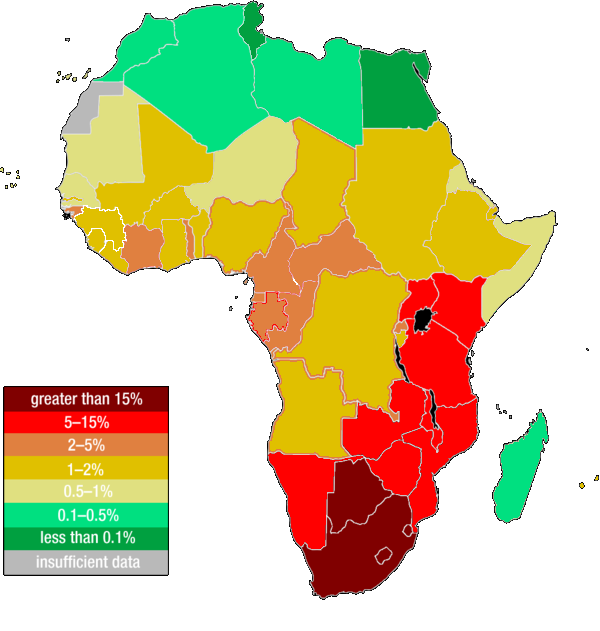
Short Biography
Rick Kittles received a B.S. in Biology from the Rochester Institute of Technology in 1989 and a Ph.D. in Biological Sciences from George Washington University in 1998. He then went to Howard University where he helped establish the National Human Genome Center at Howard University. As co-director of Molecular Genetics he directed large-scale, high throughput genotyping and DNA sequencing projects. From 1997 to 2004, Kittles helped establish and coordinate a national cooperative network to study the genetics of hereditary prostate cancer in the African American community. This project, called the AAHPC study network, successfully recruited over 100 multiplex African American hereditary prostate cancer families and serves as a model for recruitment of African Americans in genetic studies of complex diseases. Genes may play a strong role but epidemiological studies suggest that prostate cancer risk is largely determined by gene and environmental interactions. Increased attention has focused on Vitamin D3 and prostate cancer risk, because of its influence on prostate cell division and inhibition of proliferation. However, the metabolism and physiological actions of the vitamin vary and are modified by genetic and environmental factors such as ultraviolet radiation (UVR) exposure, skin color, diet and genes involved in Vitamin D synthesis, metabolism and action. We are currently studying modifiers of serum 25-hydroxyvitamin D [25(OH)D] levels in order to improve our understanding of the role Vitamin D plays on prostate cancer susceptibility in African Americans. It is likely that this work will contribute to better treatment options and more focused prevention strategies. Kittles is well known for his research of prostate cancer and health disparities among African Americans. He has also been at the forefront of the development of ancestry-informative genetic markers, and how genetic ancestry can be used to map genes for common traits and disease. Kittles work in 2002 on CYP3A4 genetic variants and prostate cancer risk was the first to show that population stratification due to admixture could be a major problem in genetic association studies of AAs. Kittles’ lab has worked extensively on the use of genetic markers to estimate ancestry among African Americans. They have identified and developed several panels of autosomal SNP markers which can be used to extract continental ancestry information in African Americans. The ancestry estimates using these AIMs allow for the detection of population structure, identification of outlier individuals with extremely high European ancestries in our AA cohorts, and/or to utilize the individual ancestry estimates as additional covariates in the association analyses.

 I don't mind long videos
I don't mind long videos

